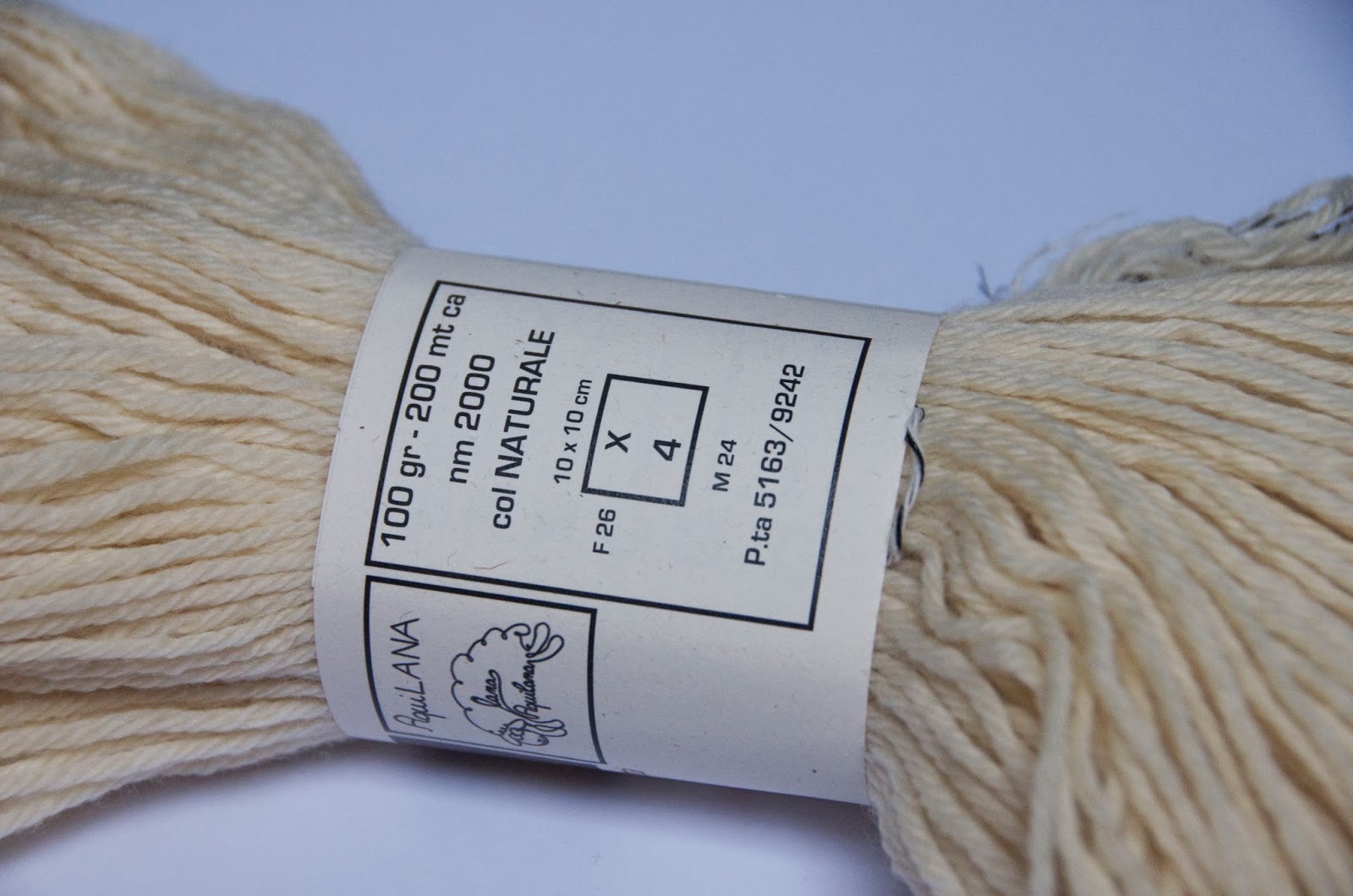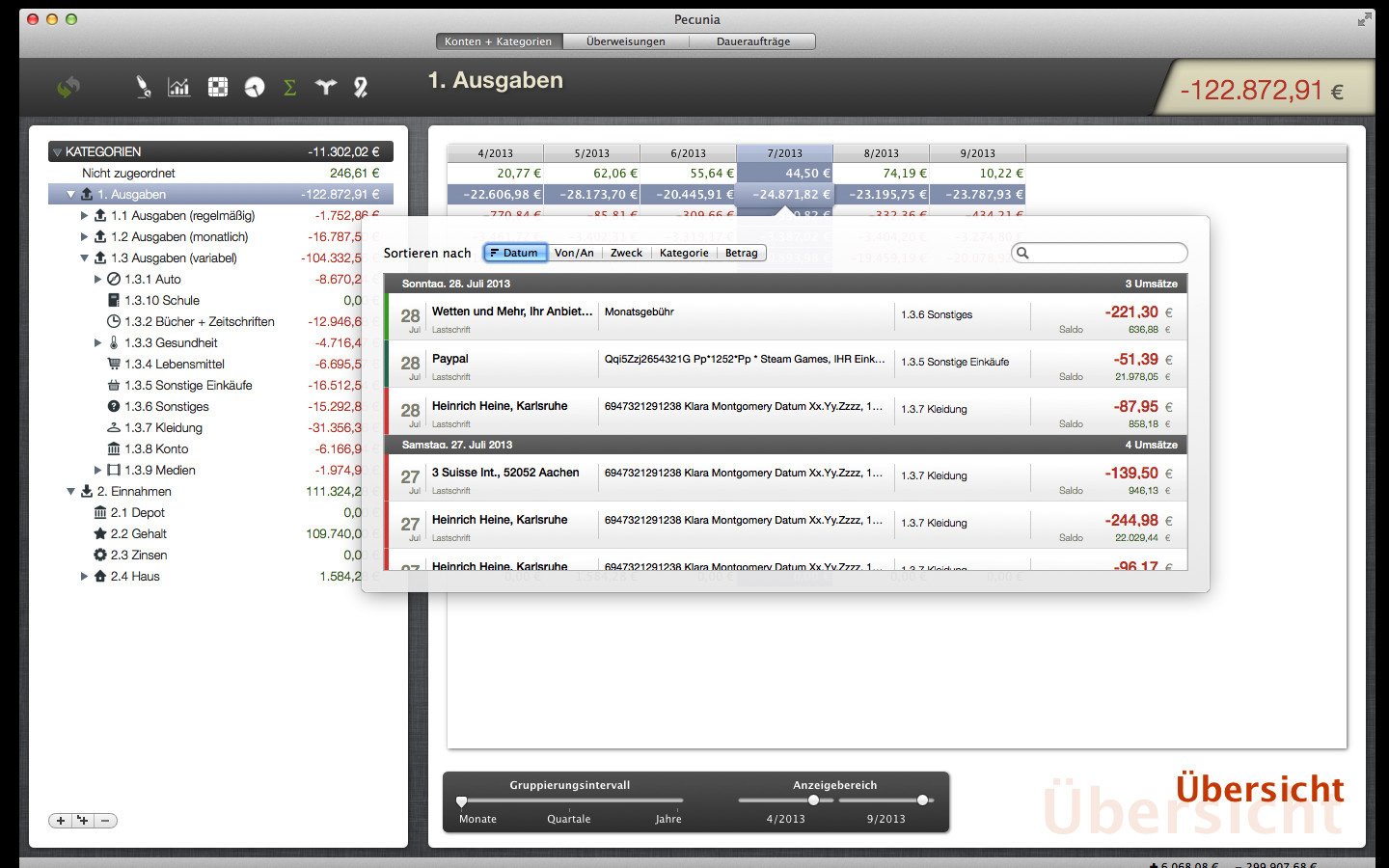
Scott (1925) The Great Gatsby Scribner, New York. Richard Miller) (1974) S/Z New York: Hill and Wang-Farrar, Straus and Giroux, pp. ^ "The Lives of the Twelve Caesars, by C.^ "Feeling Overtaxed? The Romans Would Tax Your Urine".Pecunia non olet,-a Roman emperor said that." Wells, the narrator, Ponderevo uses the phrase to justify joining his uncle's business selling an ineffective and mildly harmful quack medicine: ". and true too was my uncle's proposition that the quickest way to get wealth was to sell the cheapest thing possible in the dearest bottle. and in any case, who cares about filthy lucre?", one of the assembled captains murmurs " Non olet". In The Surgeon's Mate by Patrick O'Brian, when James Saumarez, 1st Baron de Saumarez is speaking of "glory to be picked up in the Baltic. Over 100,000 English translations of Spanish words and phrases. In London Fields by Martin Amis, while smelling a wad of used £50 notes, foil Guy Clinch observes, " Pecunia non olet was dead wrong. The fact that a lawyer felt the need to define pecunia beyond coinage shows that commonly pecunia was associated with coinage as much as money is associated. English Translation of pecunia The official Collins Spanish-English Dictionary online. At the time, Jack is beset with doubts about the source of his inheritance. In the Pulitzer Prize–winning novel All The King's Men, by Robert Penn Warren (1946), protagonist Jack Burden muses that perhaps Vespasian had been right. 1500, 'consisting of money ' 1620s, 'relating to money,' from Latin pecuniarius 'pertaining to money,' from pecunia 'money, property, wealth,' from pecu 'cattle, flock,' from PIE root peku-'wealth, movable property, livestock' (source of Sanskrit pasu-'cattle,' Gothic faihu 'money, fortune,' Old English feoh 'cattle, money'). They regarded it as a slap in the face for the dilettanti and Die-hards, who replied by christening their new Warden Non-Olet." Lewis and Charles Short (1879) A Latin Dictionary, Henry William Auden (1894) Latin Phrase-Book, Harper's. Lewis (1891) An Elementary Latin Dictionary, Charlton T. The subject had, if anything, rather recommended him to the Progressive Element. The references include Wikipedia, Cambridge Dictionary Online, Gaffiot Dictionnaire Illustr Latin-Franais, A Latin Dictionary, Charles du Fresne du Cange’s Glossarium Medi et Infim Latinitatis, Charlton T. Lewis, the Warden of Bracton College is given the nickname "Non-Olet" for having written "a monumental report on National Sanitation. Scott Fitzgerald alludes to Vespasian's jest in The Great Gatsby with the phrase "non-olfactory money". The proverb receives some attention in Roland Barthes's detailed analysis of the Balzac story in his critical study S/Z.

"Vespasian's axiom" is also referred to in passing in the Balzac short story Sarrasine in connection with the mysterious origins of the wealth of a Parisian family.

Vespasian's name still attaches to public urinals in Italy ( vespasiano) and France ( vespasienne). The phrase pecunia non olet is still used today to say that the value of money is not tainted by its origins. View whole page from the Dictionary Of Roman Coins.


When Titus said "No", Vespasian replied, "Yet it comes from urine" ( Atqui ex lotio est). The first money in Italy was called pecunia or pecus, and the most ancient pieces of money had the. The Roman historian Suetonius reports that when Vespasian's son Titus complained about the disgusting nature of the tax, his father held up a gold coin and asked whether he felt offended by its smell ( sciscitans num odore offenderetur). It was used in tanning, wool production, and also by launderers as a source of ammonia to clean and whiten woollen togas. The urine collected from these public urinals was sold as an ingredient for several chemical processes. Vespasian imposed a urine tax on the distribution of urine from Rome's public urinals (the Roman lower classes urinated into pots, which were later emptied into cesspools). The tax was removed after a while, but it was re-enacted by Vespasian around 70 AD in order to fill the treasury. In Roman law.A tax on the disposal of urine was first imposed by Emperor Nero under the name of vectigal urinae in the 1st century AD. Definition of pecúnia in the dictionary. This has become the prevalent, and almost the exclusive, meaning of the word. In a narrower sense, personal property fungible things. Property In general, real or personal anything that Is actually the subject of private property. So called because the wealth of the ancients consisted in cattle. Originally and radically, property in cattle, or cattle themselves.


 0 kommentar(er)
0 kommentar(er)
